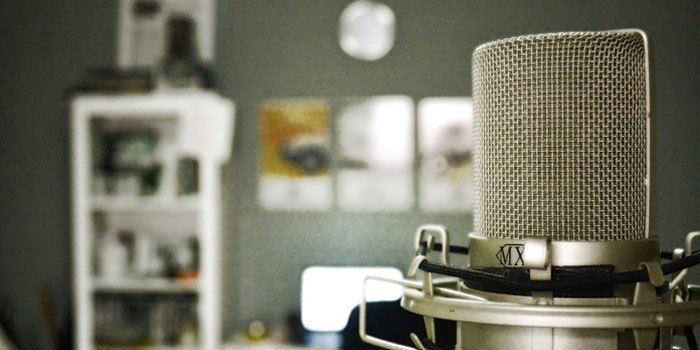

If a definition contains an italicized phrase,

Return to the top of this page by clicking TopĪt the end of each section of definitions. The "digits" selection are terms that are numbers. The term you wish to have defined, and you will go to the start of the terms beginning

Ham radio, shortwave radio, and scanner monitoring. Make sure young people aren’t using amateur radio alone – always have an adult there who can supervise the conversations.The nomenclature of the radio hobby can be bewildering! The following isĪ list of some of the more widely used (and confused!) terms and abbreviations found in If you’re organising a Scout radio event (whether it’s JOTA or a County or District event), the amateur operator or radio club can apply for a special event call sign to help the station stand out from the crowd. Otherwise, radio amateurs tend to just use their first name or a nickname throughout the call. At the start and end of the call, you should use your allocated call sign. Ask plenty of questions, and jot down anything you want to remember – helpful licensed operators may have a jargon-busting sheet they’re happy to share. Like many hobbies, there’ll be some new terms and abbreviations to get used to. At the same time, it’s good to remember that anyone can tune in and listen, so keep it polite and don’t share any secrets to success! If you’re a beginner, it’s an easy mistake to make! You’re there to make one-to-one contact with other people trying amateur radio. Know the difference between amateur and broadcast radio.As part of one JOTA, some lucky Scouts from Norfolk made radio contact with the International Space Station! They spoke to Crew Commander Frank Culbertson, who wore his Scouts T-shirt for the occasion.Scouts have been involved for over one hundred years – Baden-Powell was a radio fan and encouraged Scouts to give it a go, so perhaps it isn’t surprising that some groups (looking at you, 1st Arundel and 3rd Altrincham) held transmitting licences as early as the 1920s. People have been using radio for amateur communication since radio waves were adapted into a communication system in the 1890s (by an Italian inventor, Marconi, in case you were wondering).Once you’ve got the hang of the basics, you’ll be able to build friendships with people in neighbouring cities, countries, and continents. What you’ll learnĬommunicating through radio is a skill you’ll have to master – you’ll need to wait for your time to speak and listen carefully in between. It’s also worth getting in touch with your nearest Scout Adventures centre – they may be hosting groups for the next JOTA. Want to know more? Check out the Radio Society of Great Britain and Radio Scouting. Many groups get in touch with a local licensed amateur radio station too. You’ll need a helping hand from someone who holds an amateur radio transmitting licence to set up a JOTA station – it could be a young person, leader, or parent. One of the best ways for Scouts to get a taste for amateur radio is taking part on Jamboree on the Air (JOTA). You’ll be able to communicate with people across the world, experiment with technology, enter international competitions, and even train for emergency communication. Once you’ve given it a go, there are loads of possibilities ahead. It’s a style of radio communication used by people who are doing it for a hobby – rather than professionals.


 0 kommentar(er)
0 kommentar(er)
